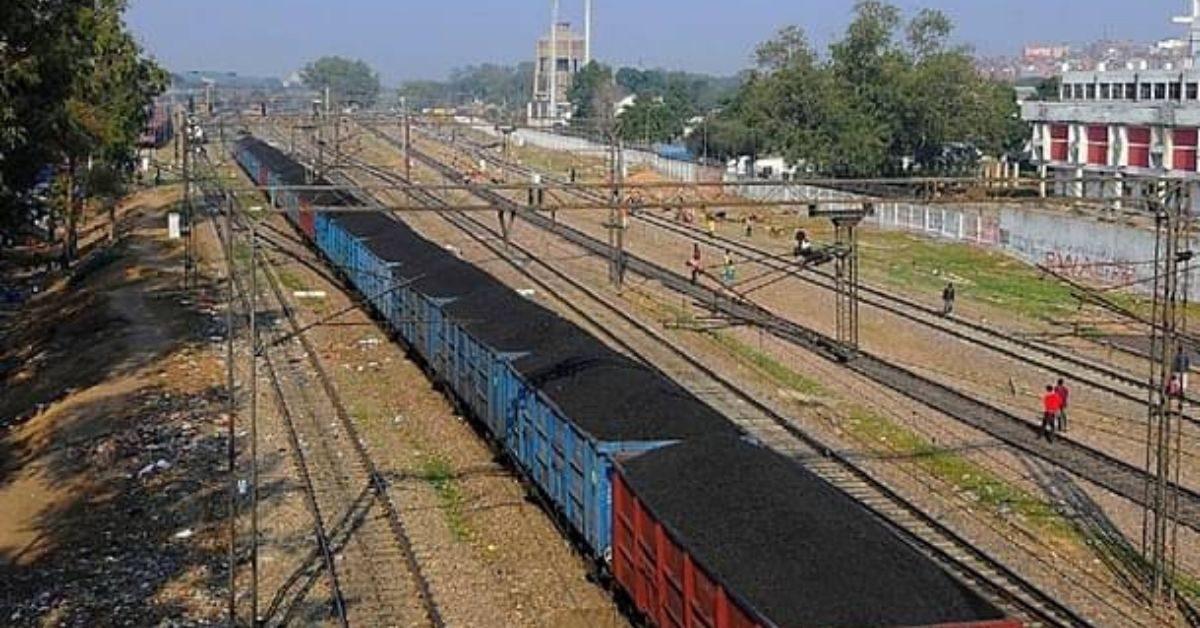Source: Business Standard
The railway and coal ministries are redrawing logistics plans to improve the movement of coal to meet the country’s rising power demand during the peak summer time. The Centre, which has typically struggled with coal transportation for thermal power plants during the April-October period, is expecting a streamlined supply chain this year.
After the completion of the Eastern Dedicated Freight Corridor (EDFC) between Punjab and Bihar late last year, the Ministry of Railways will rely extensively on the completed network to avoid another coal crisis. The EDFC is expected to decongest trunk routes like Pt Deen Dayal Upadhyay Junction (erstwhile Mughalsarai), which is the most congested point and typically leads to delays of more than six hours on peak passenger/coal transport days.
In 2022, railways had to cancel over 1,100 trains during peak travel season due to major coal shortages at several thermal power plants (TPPs) in the country.
“Dedicated Freight Corridor Corporation (DFCCIL) can run long-haul trains during peak season, which doubles the output for coal movement. Using the additional capacity from long-haul trains, we have the wherewithal to shift 100 additional rakes from the mixed-use tracks to the freight corridor, if it comes to that,” said a senior official in the Ministry of Railways.
The official added that several expansion works in the coal-rich states of Odisha and Chhattisgarh would also be completed shortly, providing faster cargo evacuation.
“Today, the TPPs around the eastern DFC belt are getting faster supply, so they are not as worried about coal stocks falling below a certain level,” said an executive of DFCCIL.
Currently, 65-70 rakes of coal are being transported on the eastern corridor every day. While the corridor in itself does not connect the coal-rich areas, it allows the Indian Railways to ensure smooth movement on its mixed-use tracks for passenger and other freight services by shifting the coal traffic on freight lines. One rake of coal consists of 59 wagons, and 10 rakes of coal can be used by power plants to generate 1800 MW of electricity.
In 2023-24, railways transported 76 million tonnes (mt) of coal, which is marginally higher than the 74 mt it managed in FY23. This was attributed partly to lower than expected power demand during the peak season, and capacity saturation in railways as the EDFC did not have end-to-end movement last summer. The Union Ministry of Coal is confident that there will be no domestic coal shortage in the country this year. Senior ministry officials said the recent steps to decongest the coal transport network and better logistics management planning will ensure smoother coal transport.
“Coal India has had a record production year. Private mines have also added significantly to the overall coal production number. As against last year, this year we are closing the financial year with more than 15 days of coal stock at the end of thermal power plants,” said an official. He added that the Ministry of Railways had committed to increase the rakes allotted for coal to 395 per day from 360 last year.








